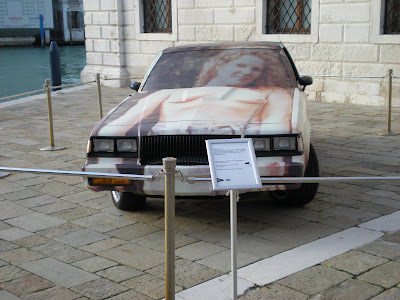"I do" and then "I don't" barely 10 minutes later was very much the pattern of events for a newly-wed bride in France last weekend.
The wedding and almost immediate request for an annulment happened in the city of Tours in central France.
The evidently not-so-happy couple, both aged 25, were married in a civil ceremony at the city hall in front of the deputy mayor, François Lafourcade.
Nothing untoward seemed to mark the short ceremony, according to a report carried in the regional newspaper, La Nouvelle République, and Lafourcade said that everything appeared to proceed as expected.
Perhaps he should have known better.
"I had the feeling that something wasn't quite right, but everything seemed normal with nothing really missing; there were flowers, the rings, and the witnesses," he told the newspaper.
"I just posed the required questions and the bride answered 'yes' in a somewhat irritated," he continued.
"Afterwards the couple and their families left the room and I stayed behind with a couple of officials and just as I was getting ready to leave the bride returned and asked me to annul the whole thing on the spot."
So what had happened in such a short space of time to make the one half of the barely-wed couple change her mind?
Well according to some people present interviewed by the newspaper, once the families had made their way outside the building, the two mothers-in-law started arguing (no jokes please) and the tone escalated to such an extent that the police were called.
It was then that the young woman returned to deputy mayor to make her request, but was informed that she would have to make an official application to the public prosecutor if she really wanted the marriage to be annulled.
But there is perhaps more to the story than has appeared so far, as the journalist, Paul Wermus explained after digging a little deeper into what had happened for Laurent Ruquier, the host of an afternoon programme on national radio.
"The woman comes from the suburbs of Paris and the man is originally from Tunisia," said Wermus.
"All the signs are that it might have been an arranged marriage and the wife wasn't necessarily getting married of her own free will," he continued.
"The case is now with the public prosecutors office to determine whether there is in fact a case for annulment."
One of the grounds given in the French civil code for allowing a marriage to be declared invalid is if it can be proven that the "contract was entered into without the free consent of both spouses."
Mexico/Guatemala [Travel writing reformatted for Instagram]
-
I’ve taken some of my old travel essays and mashed them into an
Instgram-friendly ready-to-consume serving. In 2005 my
then-girlfriend-now-wife and I fle...


















































